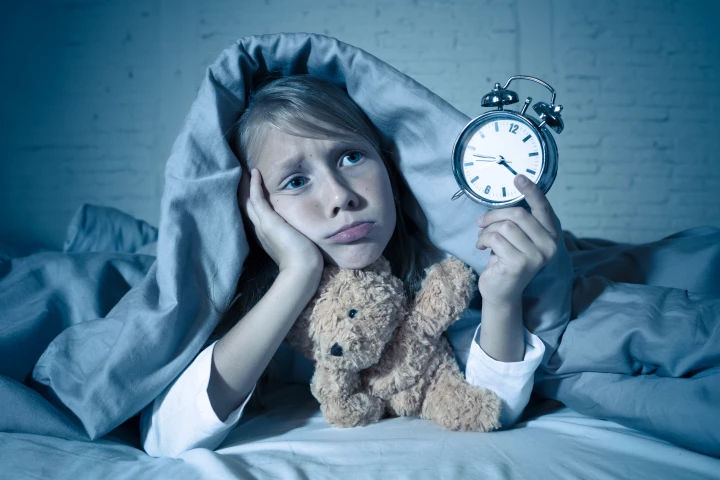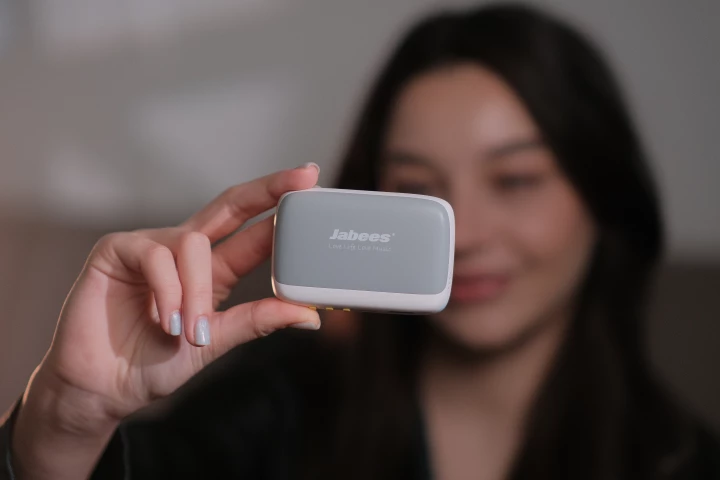Sleep
-
The findings of a new study suggest that the age-old belief that eating cheese before bed can give you nightmares might actually be true. But it’s not just cheese; other foods, and when you eat them, can make a difference to sleep and dream quality.
-
If you're keen on tracking your sleep without strapping a gadget on to your wrist, Garmin says its new $170 armband is just the thing – and it's designed for all-night comfort.
-
In 2025, around 24 million Americans are estimated to suffer from sleep apnea, and around 90% of these cases are undiagnosed. Now, a groundbreaking new study warns that the prevalence of this serious condition will soar as the planet warms.
-
Spending a few minutes a day doing simple things that bring joy increases well-being, decreases stress, and improves sleep, according to a new study. It shows you don’t need to invest in time-consuming well-being interventions for them to be effective.
-
Researchers have found a genetic link between the nighttime production of the sleep hormone melatonin and ADHD severity in children. The study enhances our understanding of the complexities associated with this prevalent neurodevelopmental condition.
-
Sleeping long has a negative effect on brain performance, especially in people who are depressed, according to the findings of a new study. It suggests that sleep might be a modifiable risk factor for cognitive decline in people with depression.
-
Be it wrestling with headphones or earbuds, or sharing a bed with someone that prefers silence, drifting off to sleep with an audio soundtrack is not always practical. But this handy, inexpensive speaker is here to keep the peace in the bedroom.
-
A new study of nearly 15,000 people found that the window of late-night workouts in which sleep is impacted is actually much larger than previously thought, showing that exercising within four hours of bedtime can have a detrimental effect on shut-eye.
-
A new study has ranked the best types of exercise for improving sleep quality. The findings demonstrate that exercise is an easy-to-implement, relatively cheap, and particularly effective way of treating insomnia, a common problem for older adults.
-
Skipping one night of sleep causes healthy adults to see a spike in immune cells linked to chronic inflammation, a key feature of obesity, according to new research. It highlights the powerful link between sleep and immune health.
-
A new study has shown how individual components of our diet – the protein, carbohydrates, fiber and fats we eat – can improve or worsen sleep quality. The findings suggest that dietary interventions could be used to enhance sleep health.
-
As everyone knows, scratching at chronically itchy skin only makes the problem worse. A new device is claimed to help stop dermatitis patients from doing so while they sleep, without waking them up in the process.
Load More











